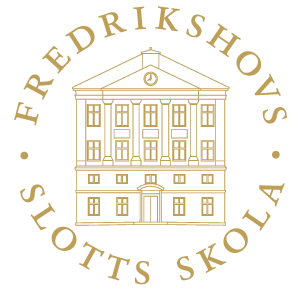Different situations in life requires us to use language in different ways. Whether if it is in school, in work or in our everyday life. Accounting for an historical event demands the writer to express themselves in a different way than if they were writing a scientifical report, and we choose a different type of language when we text a friend than when we are holding a presentation on the principles of parliamentarism in our social sciences class.
It is these differences, when to use what type of language, that are the focus in genre pedagogy. To be able to explain complex matters in an understandable manner, skilfully hold a debate or finding the right way of wording things in everyday life are invaluable skills. This is why we give our students the tools they need to navigate the lingual demands that their surroundings will present them with, both in school and later on in life.
Not just in Swedish class
Genre pedagogy is not only tied to Swedish classes. To be able to master writing different types of texts is necessary in all subjects. In social sciences and natural sciences students have to be able to evaluate and sort information as well as describing connections and contexts. In history class you need to be able to describe separate events chronologically and tie these together into a narrative. When the students study technics it is not enough that they just learn the facts – they also have to be able to present substantiated arguments about advantages and disadvantages together with technical solutions for individuals, the society and the environment.
This is the reason genre pedagogy is present in all subjects and stands as a main theme in our education. Learning how to use the type of language suitable for the situation you are in is an invaluable skill to possess, no matter what path the students choose to follow later on in life.


